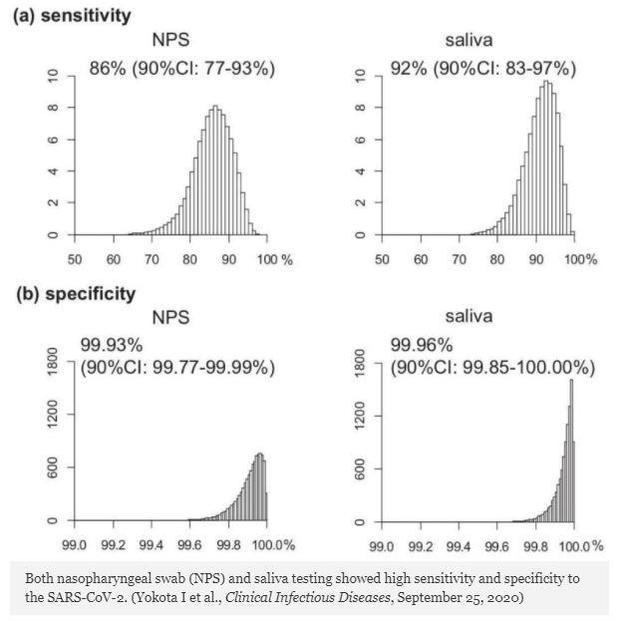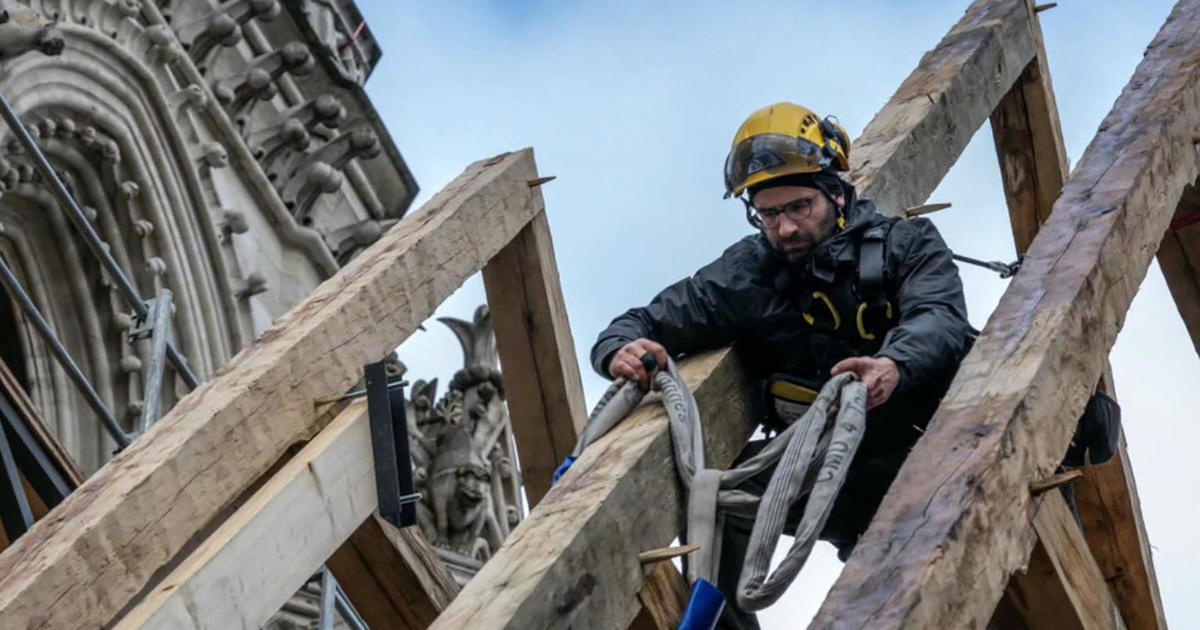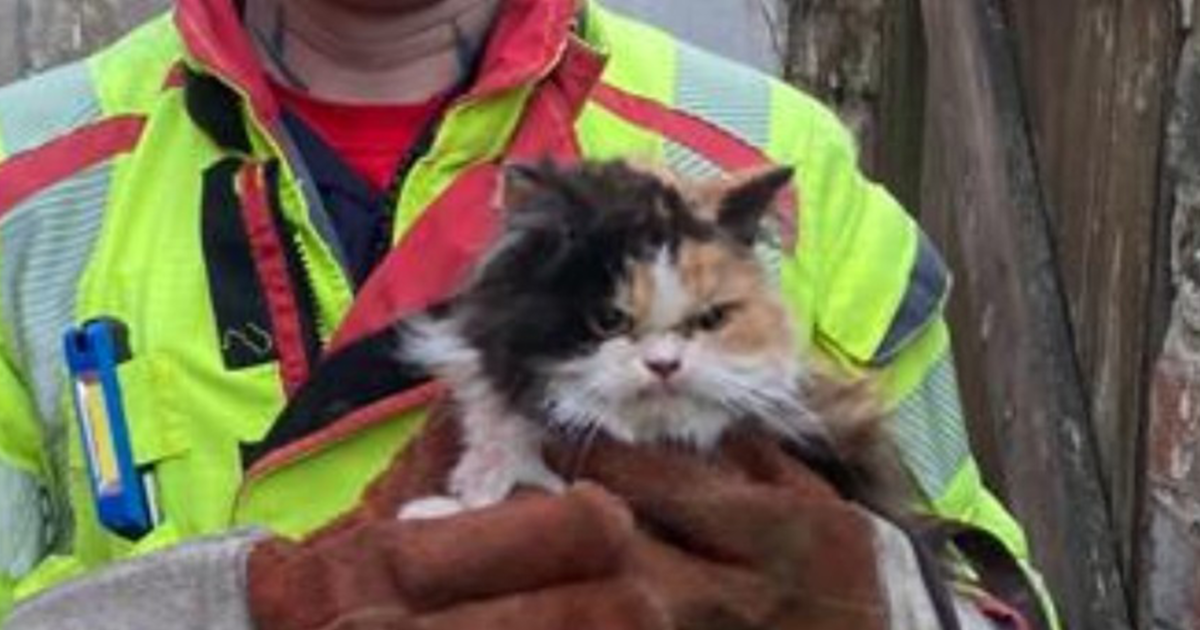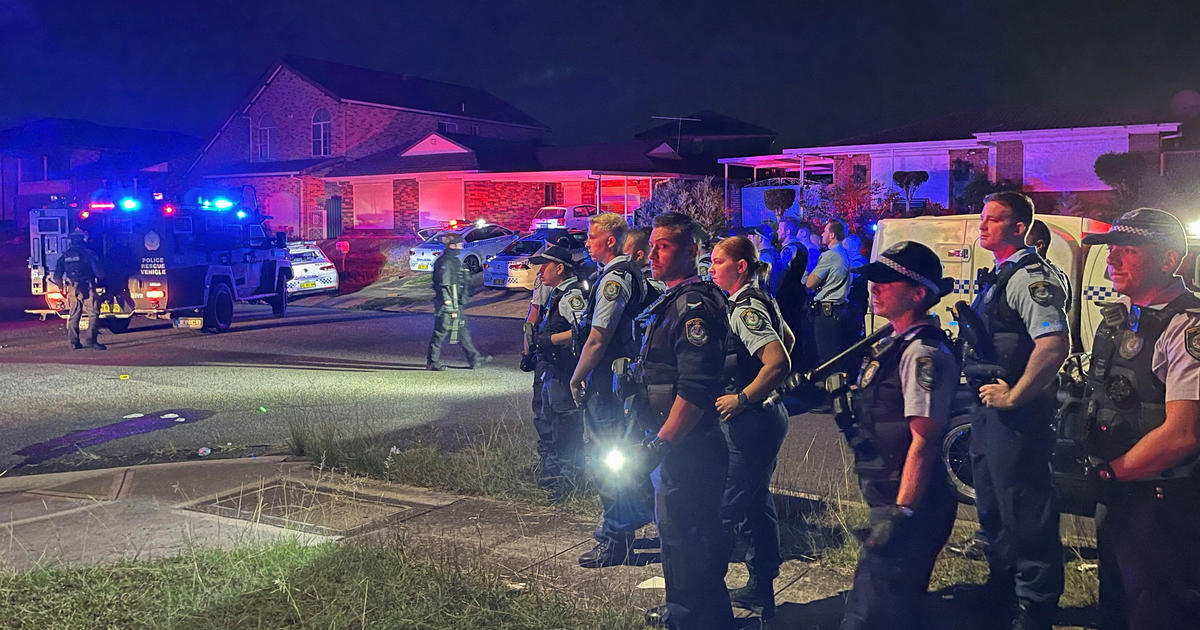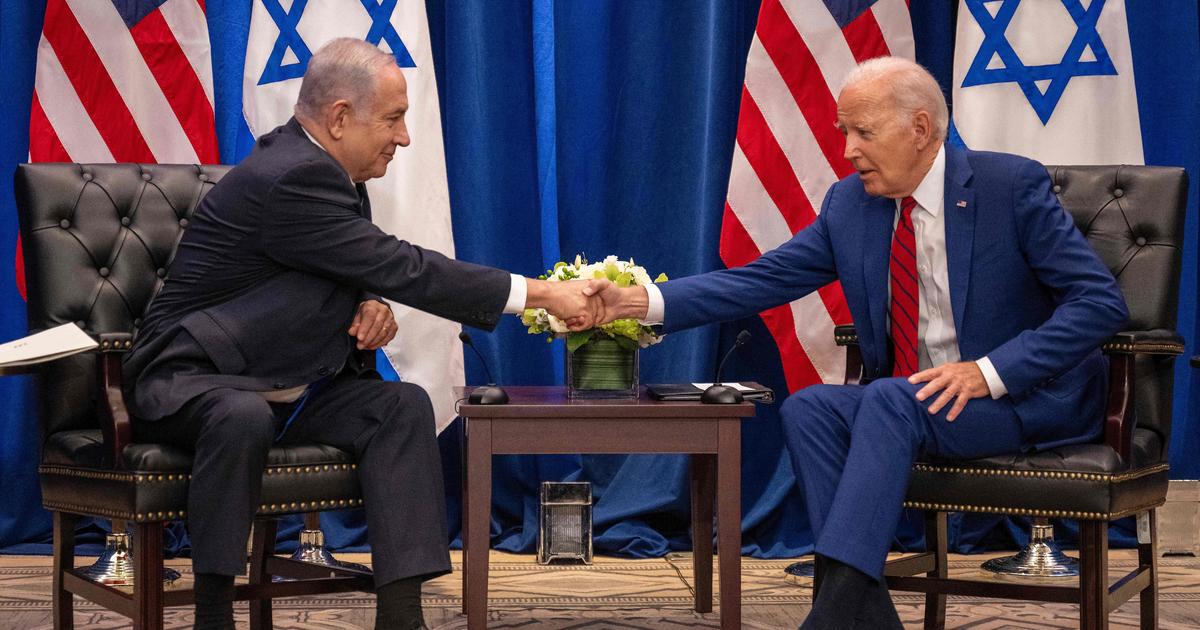Why Japanese researchers say there's "no reason" to keep doing painful COVID nasal swab tests
Tokyo — Researchers in Japan announced "game changing" research this week that found simple saliva tests for COVID-19 are just as reliable as the widely used, but more complicated and uncomfortable, swab tests. The study involved testing almost 2,000 people who were showing no symptoms of the coronavirus using both saliva and the familiar nasal swab.
The results have already upended conventional wisdom about mass screening in Japan.
"Now it's clear by our data that sensitivity and specificity are the same" for saliva and swab tests, research team leader Takanori Teshima of Hokkaido University told CBS News. Given the importance public health experts put on mass-screening for asymptomatic carriers of the virus, Teshima said the strong evidence that simple, non-invasive saliva tests are just as effective as the far more common "PCR" tests is "game changing."
"We have no reason to continue to collect samples by swab," Teshima said. "It's costly, requires health care workers, and is painful."
Teshima presented the results of the research on 1,924 asymptomatic individuals this week. It was one of the largest studies to date directly comparing saliva tests and the nasal swab tests for reliability. Subjects were asked to spit into a cup, and undergo the established nasal swab procedure at local health clinics and at Tokyo's Haneda airport and Kansai International airport in Osaka.
Unlike swabbing, which requires trained medical staff in protective gear to collect each sample and risk infection themselves, giving a saliva sample is no more complicated than walking into a booth and drooling in a cup.
The dual analyses were carried out using the standard polymerase chain reaction (PCR) method, and the RT-LAMP procedure that detects the virus in saliva. The simple viral diagnostic tool has been used for years to test for MERS, SARS and Ebola.
The Hokkaido study concluded that saliva testing was about 90% accurate in identifying positive cases, with nearly no false positives, a performance rate almost exactly on par with nasal swab sampling. Both tests, Teshima said, accurately identified negatives in nearly all cases.
But while both methods were found to be highly accurate, "saliva testing has significant logistic advantages over the commonly used nasopharyngeal swab testing," Teshima said.
The RT-LAMP machines used for the saliva tests are compact, require no special training to operate, and yield results in just 30 minutes. Japanese regulators approved the use of saliva testing over the summer, and in doing so helped eliminated long lines for passengers at airport screening points.
Teshima said mass screening of asymptomatic people at large venues like airports will ultimately shift to a third method, antigen testing, which yields results more quickly. But to compensate for that method's lower accuracy, he said borderline individual results from initial antigen screening (which is also quick and painless) can be re-tested using one of the more reliable methods.
Saliva screening has been studied at Yale University, which researched its effectiveness on 500 NBA players and staff, and at the University of Illinois, which has pioneered an ambitious program of testing every person on campus — twice a week. (See the video at the top of this page for more on that).
Teshima said the saliva testing regimen developed in Japan, unlike those in the U.S., does not add preservatives to saliva samples, which is thought to compromise accuracy.
"That's why our testing is very convenient, easy and costs less," Teshima said. "Initially we thought the method should be easy, could be done in any small town, without specialized technicians. That was our goal."
As part of its planning for next year's Olympic Games, the Japanese government is considering setting up a system to make screening as easy as dropping off saliva samples at the local drug store.
Teshima said that large Japanese hospitals, including Hokkaido University's, where he works, already routinely screen all patients prior to admission using spit cups, which has helped prevent in-hospital transmission of the coronavirus.
"This is feasible because of saliva testing," he said.
